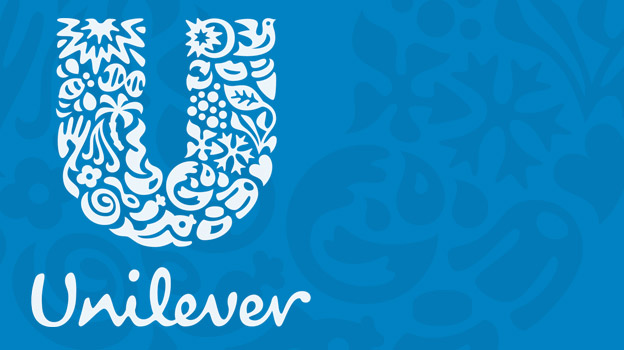Biodiversity in the supply chain: Unilever
Wednesday, June 15th, 2016
Unilever is challenging its suppliers to become more aware of biodiversity as part of its commitment to sustainable farming.
Material business benefits: Unilever acknowledges the role of biodiversity in the provision of the raw materials it uses in its products and is aware of the impact of good and bad biodiversity stories on brand value and reputation.
A direct link to the impacts: Unilever is among the world’s largest users of agricultural raw materials. Its ambitions include sourcing 100% of agricultural raw materials sustainably by 2020. Doing this means managing biodiversity at every stage. Loss of biodiversity in the supply chain occurs in the main through deforestation (land use change) and unsustainable agricultural practices (land management). To tackle the former, Unilever committed to zero deforestation by 2020 for commodities including palm oil, soy, paper/pulp, beef and tea. To address the latter, it has established the Unilever Sustainable Agriculture Code, which it says suppliers should strive to achieve.
Unilever’s strategic approach: To tackle biodiversity loss in the supply chain, Unilever took a strategic approach across a number of platforms, including suppliers’ codes, partnerships, certification and research.
- Unilever leads the Tropical Forest Alliance – a public/private partnership that is committed to reducing and eventually eliminating deforestation associated with key agricultural products. As part of this work, a ‘Sustainable Palm Oil Sourcing Policy’ was launched in 2013 to help drive market transformation by working with suppliers to stop environmental degradation and drive positive economic and social impact.
- To address unsustainable agricultural practices, Unilever established its Sustainable Agriculture Code in 2010 and revised it in 2015. The Code is applicable to suppliers of agricultural goods, farmers and contractors working on the farm. It includes mandatory and optional actions across a number of areas, including biodiversity, water, waste and soils. Actions for farmers include no land use change in areas of High Conservation Value, no deforestation, no hunting of rare or endangered species and creating a Biodiversity Action Plan. Actions for suppliers include coordinating farmers’ Biodiversity Action Plans and ensuring progress is made. In 2015, the company produced ‘A Closer Look At Biodiversity’ – a guidance document with case studies to offer suppliers and their farmers examples of how to work directly on biodiversity.
- Unilever uses third-party certification schemes as evidence of sustainable agriculture and has so far committed to schemes for tea and cocoa with the Rainforest Alliance and for palm oil with the Roundtable on Sustainable Palm Oil. The company is also developing new scientific approaches to better understand its biodiversity footprint.

